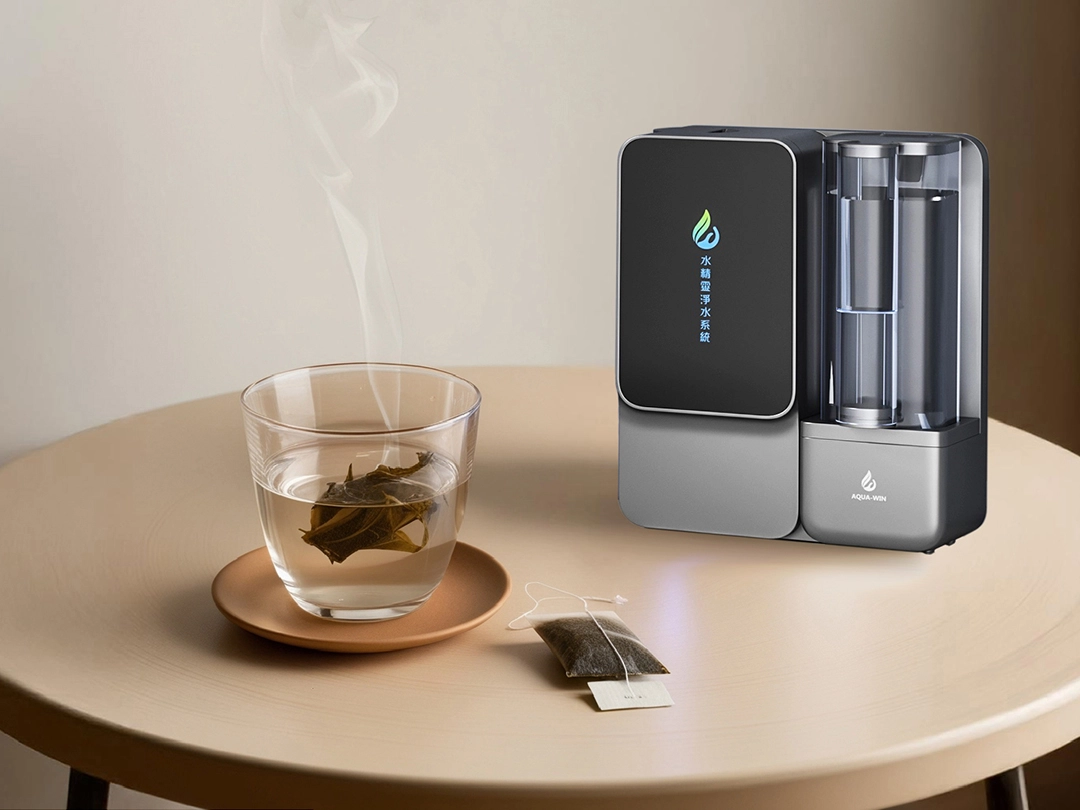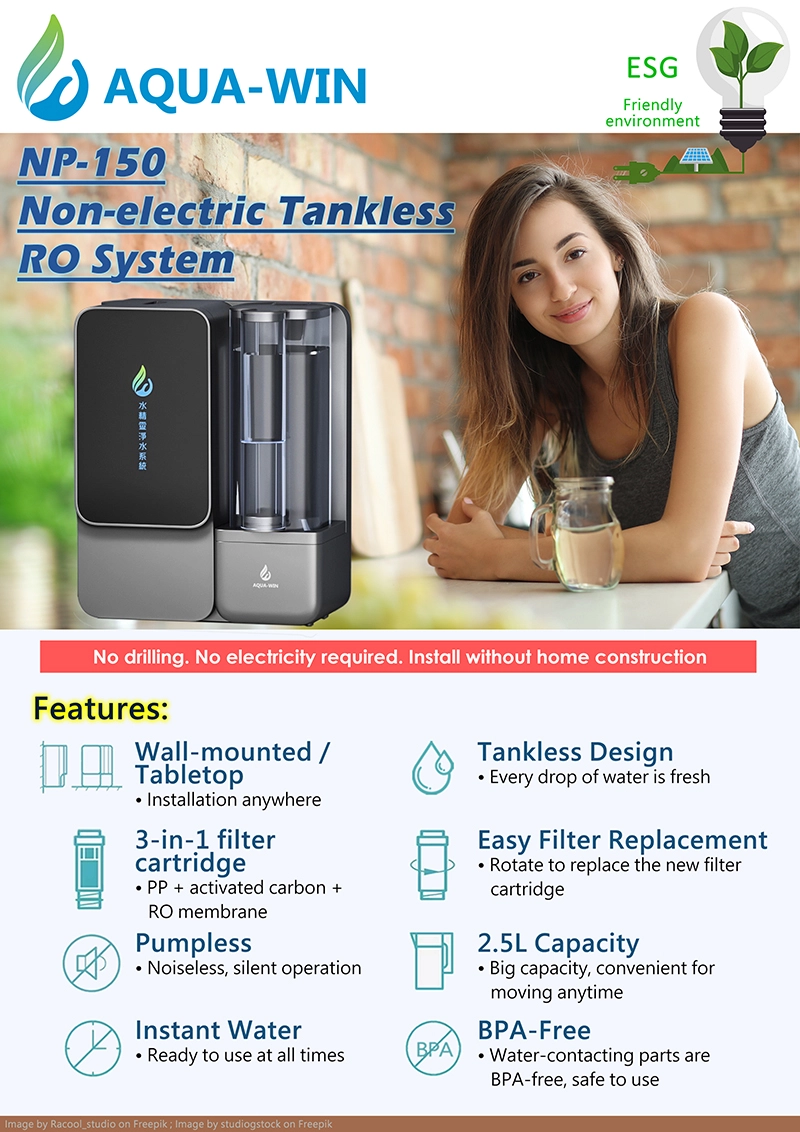FAQ-- Product Resources
What type of water to use for tea brewing?
What Type of Water to Use for Tea Brewing?
Choosing the right water for brewing tea is just as important as selecting the tea leaves themselves. The water you use can dramatically influence the flavor and aroma of your tea. Water quality, from its purity to its mineral content, can greatly affect the taste of your brew. In this guide, we'll explore how to select the best water for tea, ensuring every cup is as flavorful as possible.
1. Tap Water
Tap water quality varies widely depending on the region. It may contain chlorine, solid particles, or other impurities that can negatively affect the flavor of your tea and cause scale buildup in your kettle. A pre-filter is strongly recommended to remove chlorine and solid impurities from tap water.
2. Mineral Water
Mineral water contains minerals that can enhance the flavor of your tea, making it taste richer and more robust. However, the downside is that mineral water may contribute to scale buildup in your kettle. High mineral content is better suited for stronger teas, while lighter teas might be overpowered.
3. Reverse Osmosis (RO) Water
RO water is highly purified, removing up to 99% of harmful chemicals, heavy metals, and other contaminants. While RO water allows the tea's natural flavors to stand out, some people find the lack of minerals results in a flat taste. Mixing RO water with a small amount of mineral water can create a more balanced flavor profile.
4. Distilled Water
Distilled water is completely pure and free of minerals, preventing scale buildup in your kettle. However, it lacks minerals that are essential for enhancing tea flavor, which may result in a flat and less enjoyable brew.
Best Choice for Tea Brewing:RO water is a popular choice among tea enthusiasts because of its purity, allowing the tea's natural flavors to shine. However, if the taste is too flat for your liking, mixing it with a small amount of mineral water can provide a balanced mineral content. Mineral water works well for stronger teas, but it's best to avoid water with very high mineral content for more delicate varieties.







